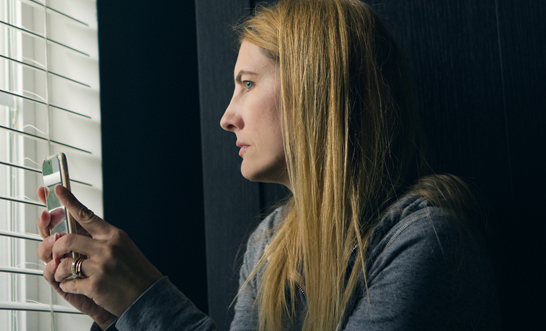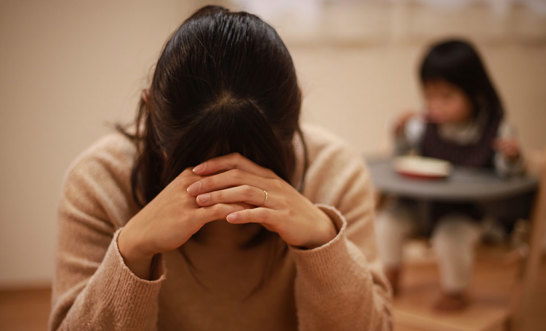Blog
Category: Parenting Matters

Understanding litigation guardians (or case guardians) in family law
Sometimes, people involved in a family law matter may be unable to represent themselves due to age, incapacity or disability. In these circumstances, a litigation guardian (or often referred to as a case guardian) may be appointed.
Read more

Negotiating the costs of extra-curricular activities after separation
A common area of confusion for separated parents is whether child support covers the costs of extra-curricular activities such as sports, music lessons, school camps, or dance classes and, if not, what other options there are for payment of these activities.
Read more

What are ex parte orders and how can they affect my family law case?
Family law proceedings can become more difficult if your ex-partner is uncooperative and you require urgent court intervention. In some cases, one party may need to seek an order from the court without notifying the other party. These are known as ex parte orders, and they can play a critical role in your family law matter.
Read more

What happens if my ex-partner declares bankruptcy after separation?
It is crucial that you understand how bankruptcy can impact your rights, finances, property settlement and even parenting arrangements. This article will explain what may happen if your ex-partner declares bankruptcy after separation and what steps you can take to protect yourself.
Read more

A comprehensive guide to family law consent orders
Resolving family law disputes can often feel overwhelming, especially when emotions are running high. However, there is a way to formalise agreements on issues like parenting matters, property division, and financial support (spousal maintenance) without a lengthy and costly Court battle.
Read more

Family Reports in parenting proceedings
When you have parenting proceedings before the Court, the Court may decide (or the parties may agree) that the matter would benefit from the assistance of a social worker/psychologist or psychiatrist to undertake a forensic assessment of the family. The appointed person is referred to as the Single Expert Witness or Family Report Writer.
Read more

Arranging extra-curricular activities that may infringe on the other parent’s time with the child
We look at how making arrangements for your child’s extra-curricular activities can lead to conflict around parenting arrangements and the Court’s view about applications to deal with such conflict.
Read more

Pre-action procedures before commencing proceedings in the Family Court
Before you can take your family law dispute to court, you must fulfil certain “pre-action procedures” to show the courts you have made a genuine effort to resolve your dispute before commencing proceedings.
Read more

Can I secretly record my ex for family law proceedings?
If your communications with the other side start to get messy or out of control, sometimes there is panic and people can be tempted to covertly and secretly record conversations. It’s important to know that there are legal limitations as to whether those recordings can or will be considered in Court and whether they were legally taken at all.
Read more

Paternity tests to prove parentage in family law matters
A DNA paternity test can be performed where there is a dispute about who the child’s parents are. Most commonly, disputes can arise about who the father is in the context of child support. However, it is also common to see an application for DNA paternity testing in family law proceedings where a party is seeking to spend time with a child.
Read more

The effect of family violence orders on parenting orders
With parenting disputes that end up in Court, the Court will take into consideration any family violence orders to ensure it makes safe, reasonable, and effective parenting orders. In this article, we explore family law matters where family violence orders intersect with parenting orders.
Read more

Parental rights of sperm donors
In Australia, there is a common misunderstanding that sperm donors will automatically not hold any parental rights to a child born using artificial conception. While this may be the case in some circumstances, in other situations, a sperm donor may be ruled the legal father of a child born through his donation.
Read more
